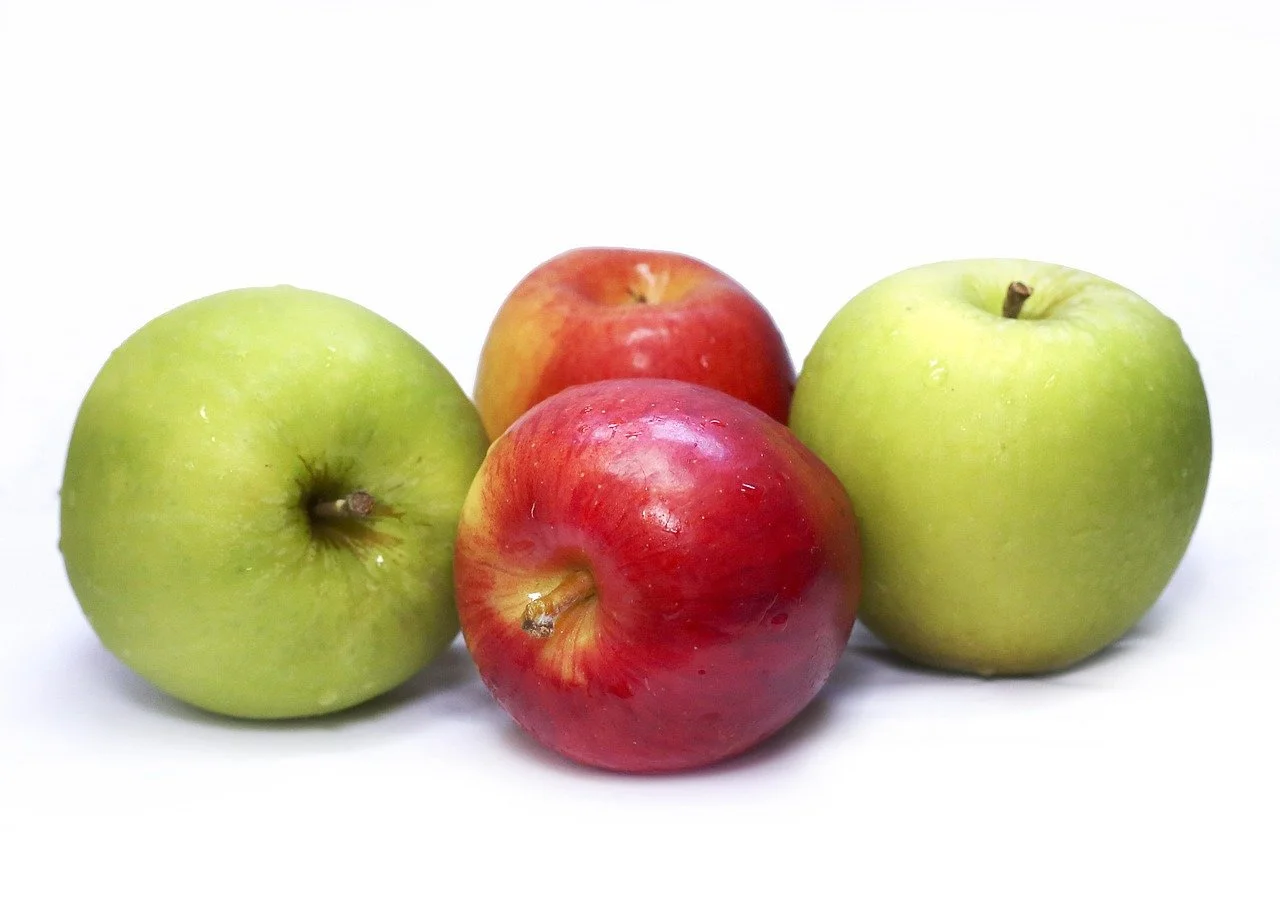What this Masterchef episode taught me about listening
I am not a die-hard fan of Masterchef. I did not like the USA franchise (where it all started). Gordon Ramsay, for me, is a little over the top. However, the recent Masterchef Australia season has proved rather interesting and inspiring. The latest three judges are fun and kinder on the participants and keep it real in their own way. They reflect the theme that every chef starts as a home cook with a big dream.
One episode in Season 13 (episode 25) caught my attention last week. I don’t follow all episodes, but I taped this one. It was a relay challenge, the toughest challenge in Masterchef. And I am glad I taped it.
What happened during the relay happens to all of us at work and in life. Let me try and explain the relay to give you context.
A relay in the Masterchef challenge is where a team, this time 4 chefs, have to take turns to prepare ONE dish over a specified time. In this challenge, each chef had ONLY 20 minutes to do their part, then hand over to the next chef. The handover is 30 seconds where the outgoing chef briefs the incoming chef. That is a very short time. Overall, the team had 80 minutes (4 chefs x 20 minutes) to cook their dish with three 30-second intervals during the handover. There were two teams of four chefs.
It was incredible how difficult the relay was for these chefs. It was all about communication.
They strategised beforehand on who would go first and last. As the first chef would decide what would be cooked. Oh, and there was another twist. The key ‘mystery’ ingredient to be featured in the dish would only be revealed to the first chef. The other three chefs would not know the ‘mystery’ ingredient until they went into the kitchen. So, there was no way for the remaining chefs to pre-plan. They were going into the unknown and all would be revealed in the 30-second debrief.
Sounds relatively simple and plausible, right? But it was just the opposite. Oh, and the mystery ingredient was apples.
Image courtesy of Picaidol of Pixabay
Competent chefs just FROZE! Their thinking and emotions and therefore cooking fell apart. Because a few key things did NOT happen for both teams.
1. Communicating a vision in 30 seconds is hard! Clarity and thoroughness are crucial
Especially for the lead chef who had to communicate the vision of the dish and give next-step instructions. Communicating just enough in the 30 seconds to the arriving chef to get going and not confuse them was the focus.
2. Incoming chefs had to listen (actively)
A couple of the waiting chefs in one team practised a role play on ‘taking instructions.’ That completely fell apart, especially for the chef who suggested the role-play. So ironic! He listened but forgot instantly after the 30 seconds. (which means he was not listening). This happened to another chef too.
With multiple components of the dish on the go, listening for the next steps was key and most chefs struggled with this.
3. Incoming chefs had to put aside their assumptions and follow instructions
This is hard to do if they did not listen in the first place. It was hard for some to listen in 30 seconds and remember the outgoing chef’s instructions. A couple of chefs went ‘rogue’. They ended up doing their own thing because they forgot what was said and could not visualise the dish.
Both teams eventually plated their dish and only 1 fit the original brief of the challenge and the vision of the first chef.
It was quite an eye-opening moment for me. I immediately tried to put myself in the same situation and hypothesised how I would have coped. I am not an aspiring chef (I cook to eat not to create) so I possibly would not have creativity clouding my listening. However, my problem would have been trying to oversimplify everything! I can cook an entire meal in 20 minutes but being part of a team cookout following through on someone else's vision might be a challenge. But I can’t know for sure.
How often do we fail to listen and see the vision of a ‘leader’ for what it is in whatever we do? This can be in the work or life context. And NOT bringing our ‘baggage’ to a situation is so hard. It can be done but it takes practise. Lots of daily micro practises can help us be our best selves when we are placed in similar situations to the one above.
Micro practises, small adaptations over time can enable us to rise to the occasion.
As always, you can reach me at yoga@yoganesadurai.com
